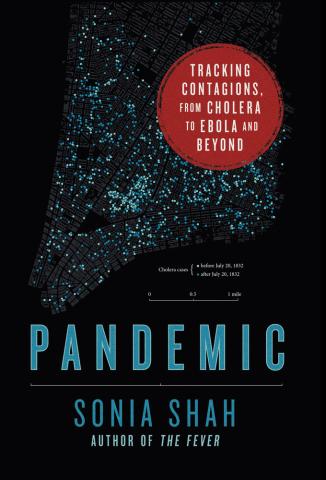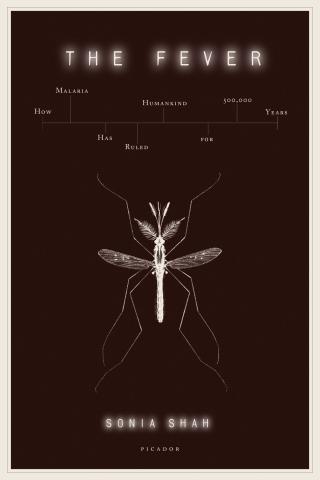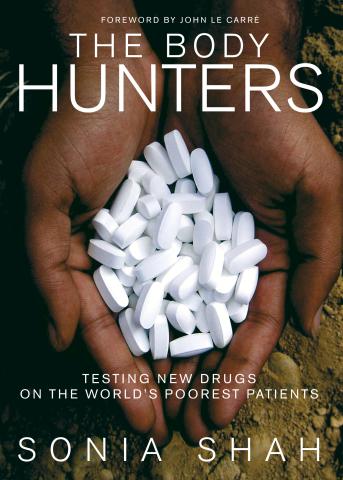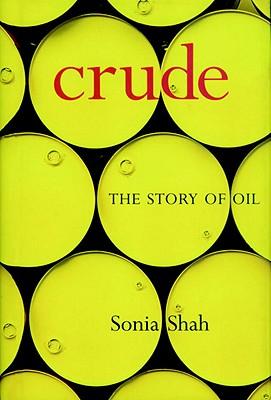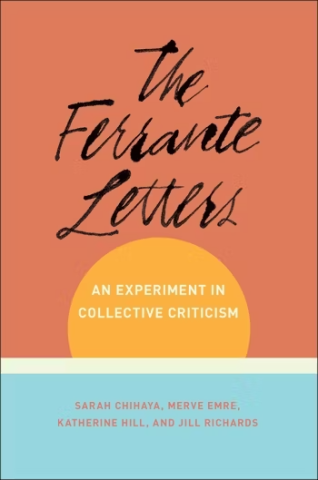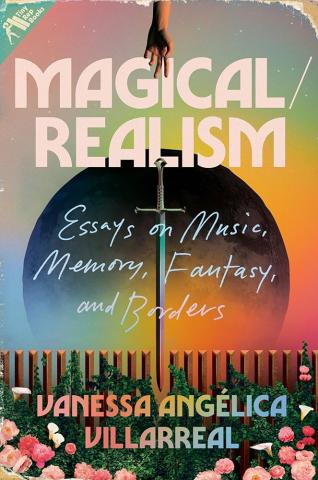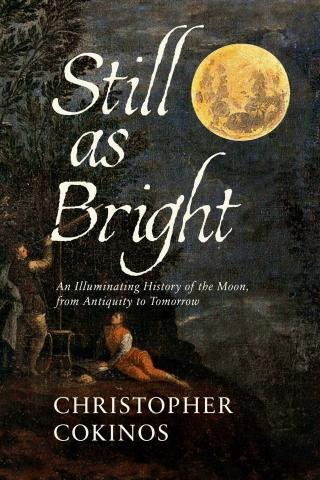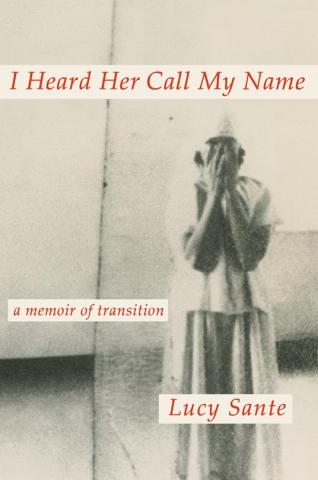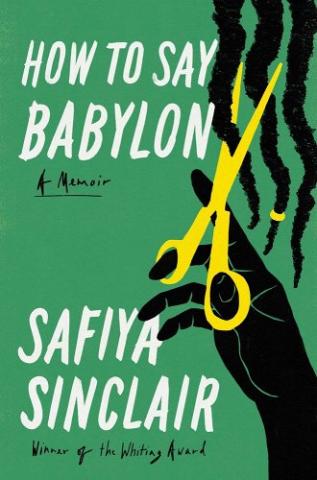In Pandemic: Tracking Contagions, from Cholera to Ebola and Beyond, Sonia Shah interweaves history, original reportage, and personal narrative to explore the origins of epidemics, drawing parallels between cholera―one of history’s most deadly and disruptive pandemic-causing pathogens―and the new diseases that stalk humankind today. She tracks each stage of cholera’s dramatic journey, from its emergence in the South Asian hinterlands as a harmless microbe to its rapid dispersal across the nineteenth-century world, all the way to its latest beachhead in Haiti. Along the way she reports on the pathogens now following in cholera’s footsteps, from the MRSA bacterium that besieges her own family to the never-before-seen killers coming out of China’s wet markets, the surgical wards of New Delhi, and the suburban backyards of the East Coast.
